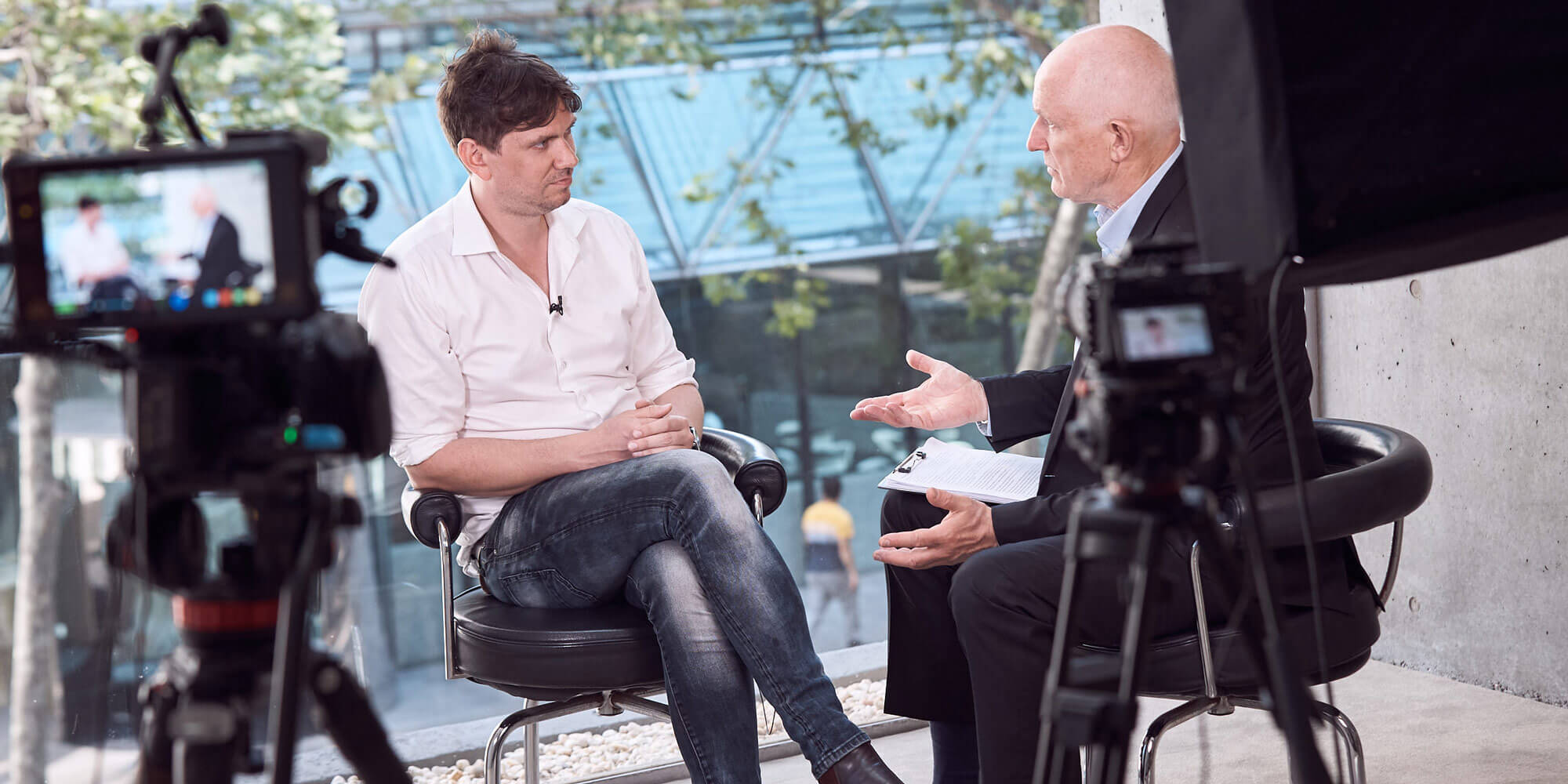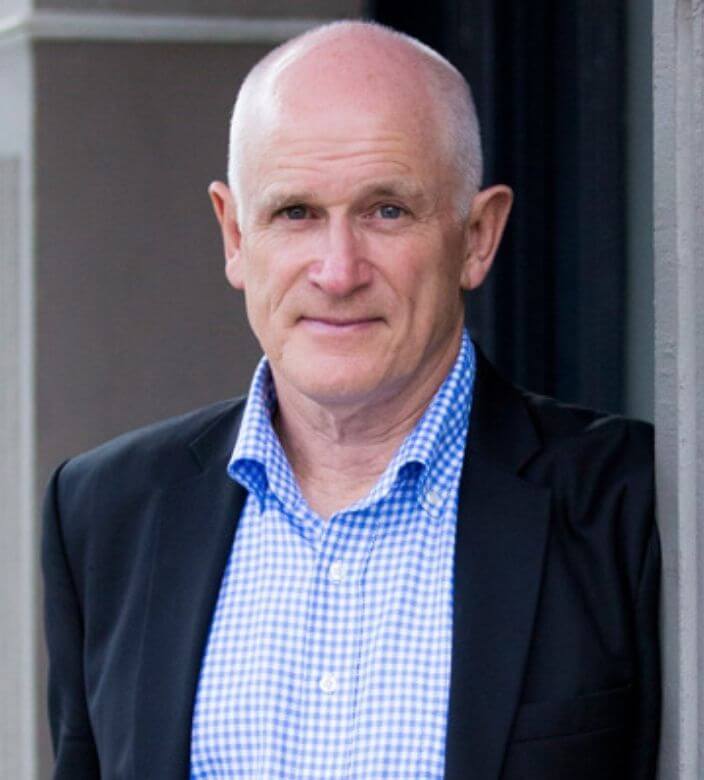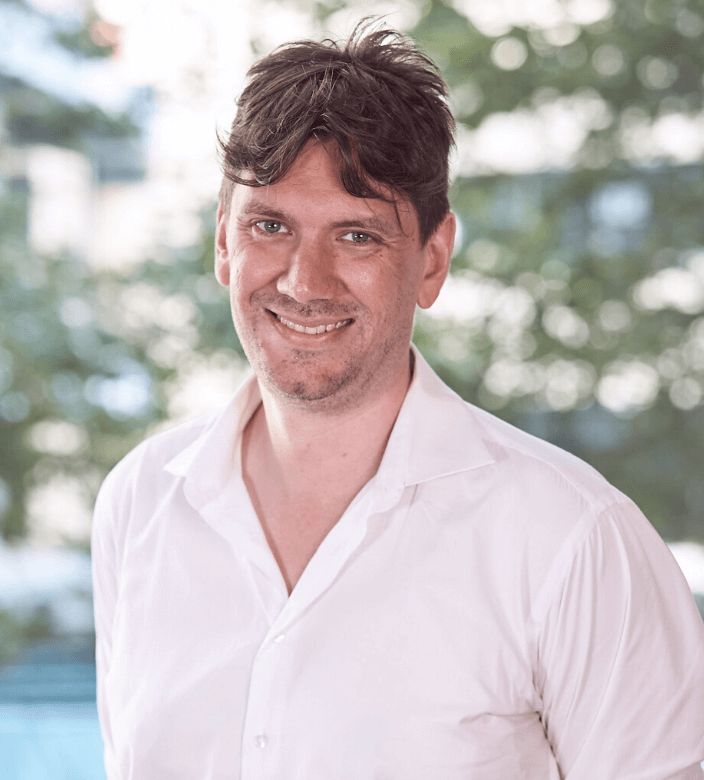At ADAPT’s Digital Edge event, Australian National Maritime Museum’s Head of Technology and Innovation Will Sessions discussed how to decide the right workplace for yourself, questions to ask your job interviewer, and what to look for in a job.
Peter Hind:
So, you’re in the job interviews. Everyone’s telling you how wonderful this organisation is. They’re going to dangle wonderful salaries and opportunities and what you can affect in the business. What are the questions that you’ve devised to flesh out whether this is the place you want to be?
Will Sessions:
I always ask the question when it’s the, “do you have any questions for us?”
My first question is always, “Why are you here?”
Because it means then they have to reflect. “Oh, what is actually keeping me here?” “What’s this organisation like?” It almost puts them on the spot in a reverse sense. I mean, obviously, interviews are always two ways, but I find it really gets people thinking.
Peter Hind:
And I’m thinking in this, what background analysis would you do on organisers? You’ve talked in the past about people going out to your network and talking to people and getting thoughts. Where do you find you get the insights about a potential recruit, organisation?
Will Sessions:
I can’t claim this saying, but I’ve heard this said before. And that is that IT in this city, and even in this country, is a village. Everyone knows everyone or at least has a second-degree connection. It really doesn’t go too much further than that. So talk to your network. But then also, just investigate the organisation, what they stand for, what their chief executive or their chairman on the board are putting out there. And I think most importantly also when you’re actually meeting the people you’ll be working with, just take the time to really reflect on what they’re saying, but also the meaning behind why they’re saying it.
Peter Hind:
How much then was the size of the salary, the big drawcard for a position, and if not that, what are the other attributes you’d want in a job?
Will Sessions:
It’s a good question. It’s a really good question. It’s something I’ve obviously had to think about in recent life. I don’t consider myself an overly money-driven person.
To me, it’s about having what you need for being comfortable.”
But that said as I mentioned, my best friend is a cop. And he moved out of Sydney and lives up near Queensland and goes for a surf every morning and is really enjoying life. And that, going to visit him, just reminds me it’s more than just about the making of the money. It’s more than just your net worth. And therefore, as long as I can make it work, that is actually all that matters to me. Now, it’s really easy to just say that because there’s a lot of people in a lot less privileged position than we’re at. But I do try and remember that. It’s not just about making that next step or hitting some certain tax bracket or something. It’s about actually what do you need to be comfortable while actually making a difference and doing something that you’re passionate about. because then your work really comes and shines.
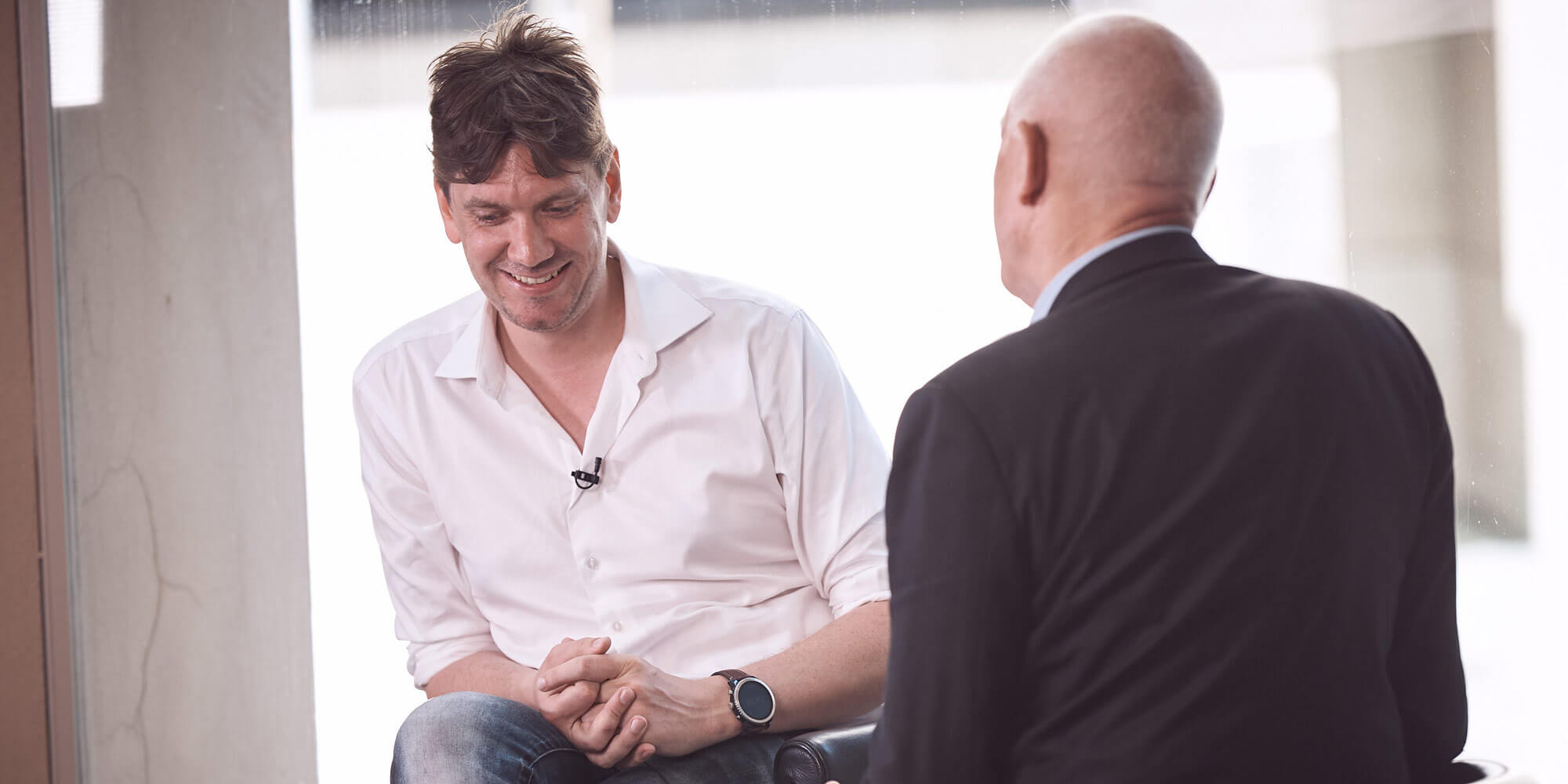
Peter Hind:
I meet a lot of people who say to me, “I’d like to work in a public sector.” “I feel I want to put something back into this trail that I’m creating for myself and my children. But will I ever do anything?” “Will it just be a stifling bureaucracy, or I’ll get nowhere?” What entices you to want to join this organisation? And what gives you the confidence that you can affect the change you spoke about?
Will Sessions:
There’s a lot in that. I’ll try and remember all of it. The first thing is, am I guaranteed to be successful? No, of course not. But that’s like that anywhere. Now when I saw this and decided I’ll talk to them, and went for it, one of the main motivating factors is that my five-year-old is in kindergarten now, going into U1 next year.
And it’s really important for me that he develops the skills in this new economy, which is asking why, being artistic, being creative, as opposed to something that can just be replaced in life.”
It’s a whole other conversation. But as a result, when I went there, what blew me away is that the people running the Maritime Museum had a real ’We can do this’ attitude and also saw themselves as more than just bureaucrats or curators, but actually helping to shape the conversation around some of Australia’s most important issues at the moment. For example, talking about the history of Australia as it really happened and maybe not the way it was taught when I was in school, which, I think most people would admit, wasn’t particularly well done, okay? So that kind of went, “oh this is interesting.” But then also, I’ve got an attitude of, like I said, when I’m in there, I want to go hard.
They asked me, “How are you going to handle the public service?” And I said, “Well if you hadn’t asked me, “I was going to ask you because I have no idea. “I just have no idea. “I’m going to need your help.” And they said, “Fine. “We can do this together.” So I don’t have all the answers. I’d love it if we can come back in a year and we’ll go through it and see how it went. However, because I know I’ve got their support, I know I’m going to have a great team behind me. And the mission that they want to be able to achieve, I won’t get into everything now. But what we want to achieve is very heavily dependent on technology. And it’s basically, the director has said we’re going to do this. And therefore, I feel very enabled to get in there and kick where I need to.
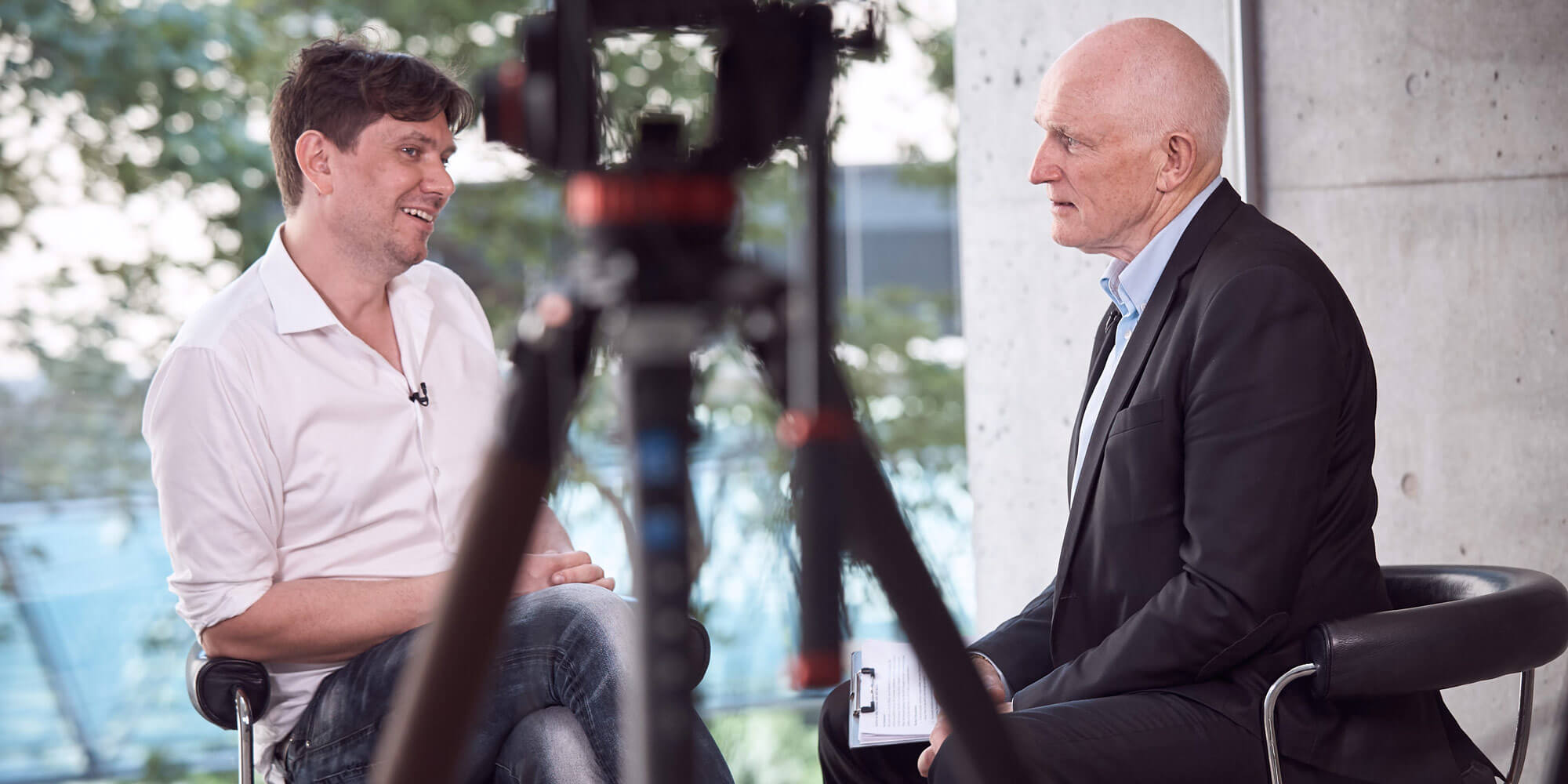
Peter Hind:
I’ve asked you what you look for in a job. Somebody wants to join your team. I mean, skillset shortage. It’s a competitive market for people. What do you think you need to offer people to want to join your team and what questions would you expect those people to flesh you out to see whether you’re authentic?
Will Sessions:
Good question. I read a book called “Drive” by Daniel Pink, and one of the things that stuck out to me more than anything was three things. Mastery, autonomy, and purpose. And that’s something I always try and instil within the team that I work with. So if I’m meeting someone for the first time, could they join this team. I always think, “Is this a person that could understand the seeds first of being a master at what they do? Meaning, I say, “You’re going to need to implement this cloud strategy and I’m not going to tell you how” because you’re the master.” Autonomy meaning you need to go and do it, and you’re free to do it how you want. But come to me. But it’s up to you.
And then purpose goes greater than why are you here or why is IT here, but what’s the organisation doing as a whole?”
And if they can subscribe to that mentality, then I find most other things fall in place. Just in the last three to five years, some of the biggest game-changing technologies, think Kubernetes, containerisation. I mean, these existed, but they’re almost mainstream now. These things didn’t even exist three to five years ago. That stuff can be learned. It’s the attitude. So it’s very hard to say, “You need to do this, this, and this,” as opposed to I look for who you are in your attitude behind everything else. And the hard tech skills generally come subsequent to that. And I also find that if you’ve had that mentality, the hard tech skills will often just be there anyhow.
If you’re starting out, I think that’s harder. I was in some ways lucky. I mean, I worked hard obviously, but I did have a leg up because I won a scholarship in a technical certification that got me the leg up. But these days, I think it is harder. You have to have something to actually show, but at the same time, I think as a work business community, we have to actually have a strategy in place to be able to grow people into what IT and technology actually are because I think that’s still something that’s lost.
 watch
08:21
watch
08:21





















